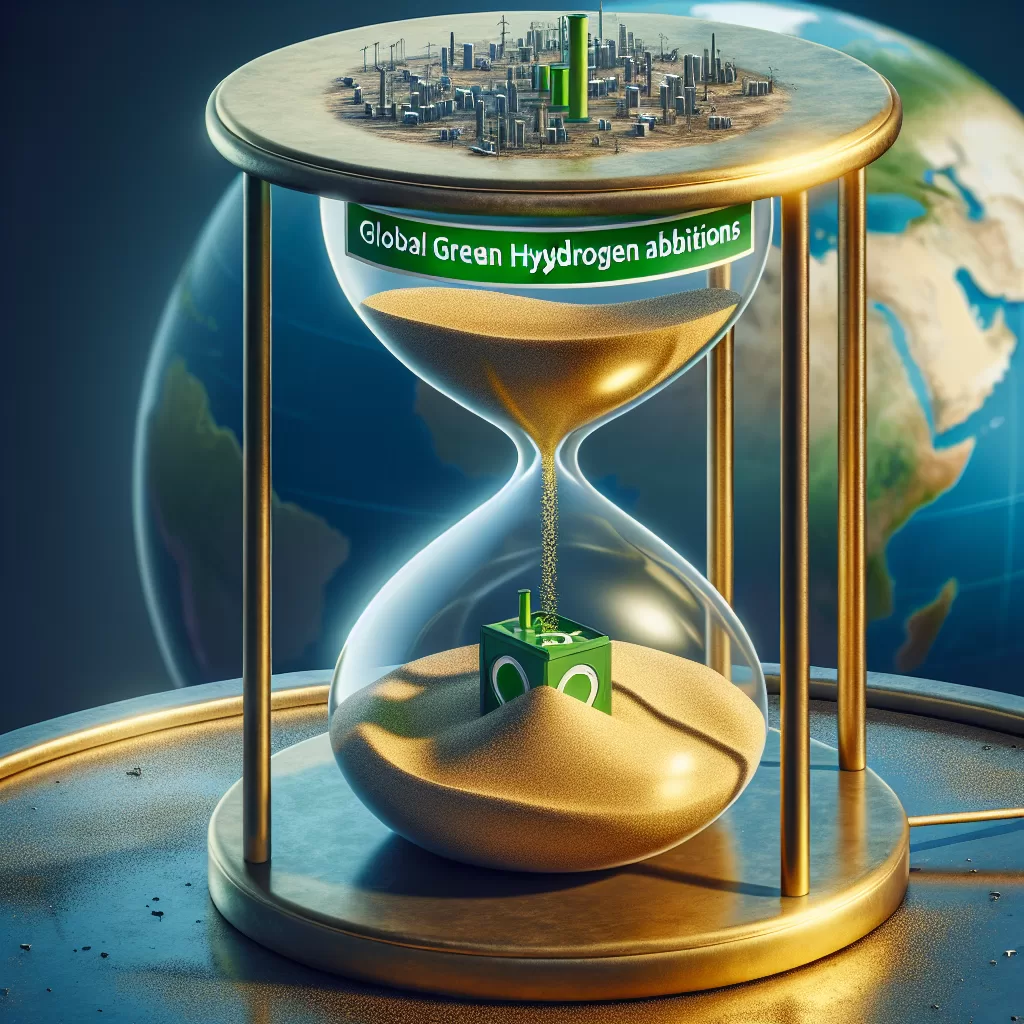The comprehensive analysis highlights that despite over 60 countries formulating strategies to stimulate the green hydrogen market, particularly within energy-intensive industries, less than 10% of the initially announced production targets were achieved by 2023. This stark discrepancy underscores the challenges in scaling up this promising technology to combat climate change effectively.
“While the enthusiasm for green hydrogen is commendable, our findings indicate that the current pace of implementation falls short of the urgency required to meet global decarbonization goals,” remarked Dr. Emily Watson, the lead author of the study. “Bridging this gap will demand concerted efforts from policymakers, industries, and researchers to overcome technological barriers and accelerate the deployment of green hydrogen infrastructure.”
The study’s authors emphasize the need for robust policy frameworks, targeted investments, and international collaboration to catalyze the green hydrogen revolution. Failure to address these gaps could hinder progress toward a sustainable future, with far-reaching implications for industries, energy security, and climate mitigation efforts worldwide.
As nations grapple with the dual challenges of energy transition and environmental stewardship, the findings serve as a wake-up call for policymakers to align ambitions with tangible actions, fostering an enabling environment for the large-scale adoption of green hydrogen technologies.
Tags: #GreenHydrogen #RenewableEnergy #ClimateChange #Decarbonization #EnergyTransition #SustainableDevelopment

